In this controversial book from 2004, author Sam Harris faults religion for being illogical, for inciting societies to violence, and for not reconciling faith and reason. Many classic thinkers and theologians struggled with this question. Harris, who has a compelling narrative style, provokes readers to confront their own philosophies as he asks another ancient question: why does a good God permit evil? Harris’s anti-religious discourse promotes reason and science as forces opposed to faith, and asserts that spiritual living does not require religion. He reconsiders venerable philosophical issues and illuminates the concepts that explain opposition to religion and its often bloody role in history.
People act on faith based on the ideas they hold to be true.
Words are meaningless until people imbue them with faith. Imagine how differently you would behave if you sincerely believed the words, “You have only two weeks to live” or “You’ve just won a lottery prize of $100 million dollars.” People hold their religious beliefs so deeply that these ideas shape how they live, even when their beliefs lead them to commit murder.
Many people accept on faith that God wrote a book that tells them how to live. These books set out belief systems, and claim perfection and holiness. Thus, society is divided into factions based on which book people follow. These powerful books are not mutually compatible, and – despite brushes with “ecumenicalism” – they teach intolerance.
However, modern culture regards it as impolite, even incorrect, to judge someone else’s religious practices, although you might easily criticize that person’s concepts about science. So, “when a Muslim suicide bomber obliterates himself along with a score of innocents on a Jerusalem street, the role that faith played in his actions is invariably discounted…Without faith, desperate people would...










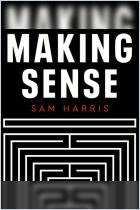
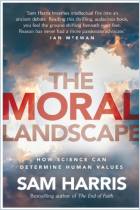
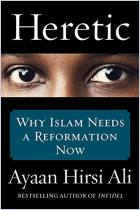
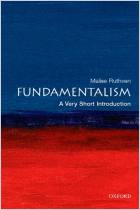
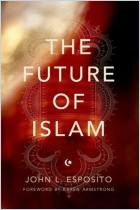
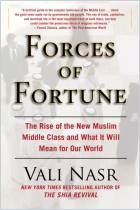
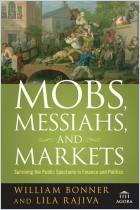
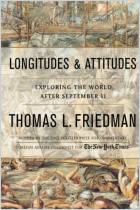






Comment on this summary or Diskussion beginnen